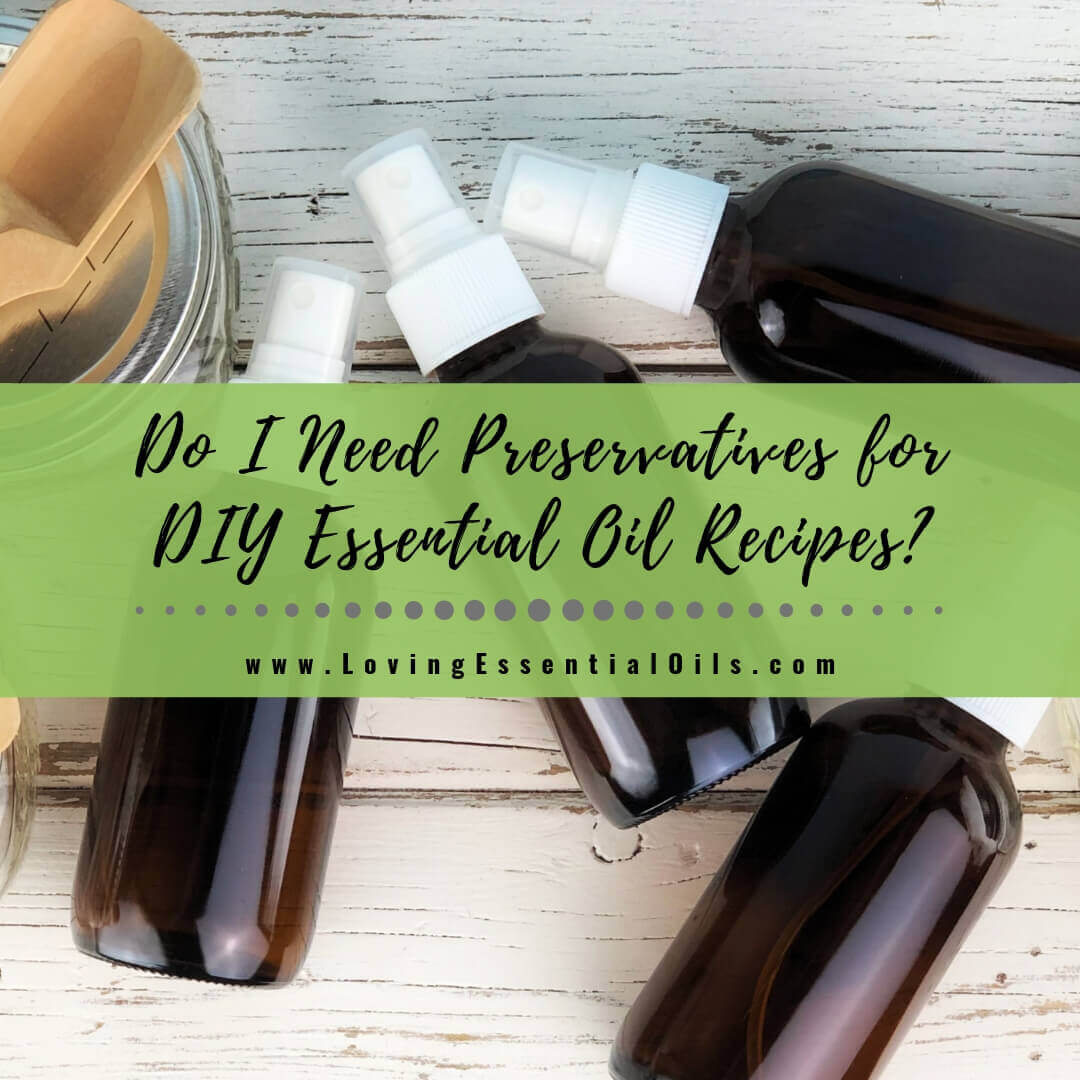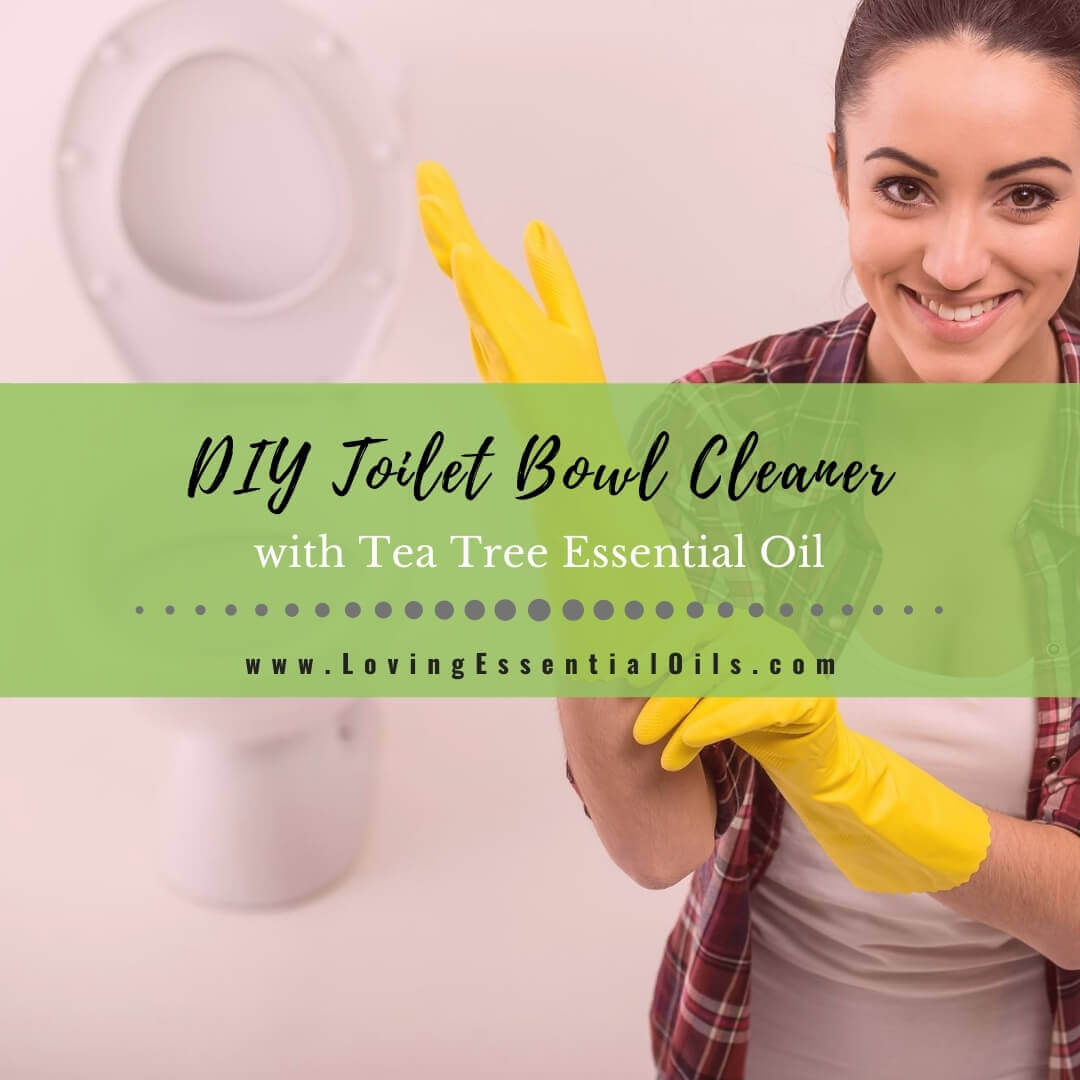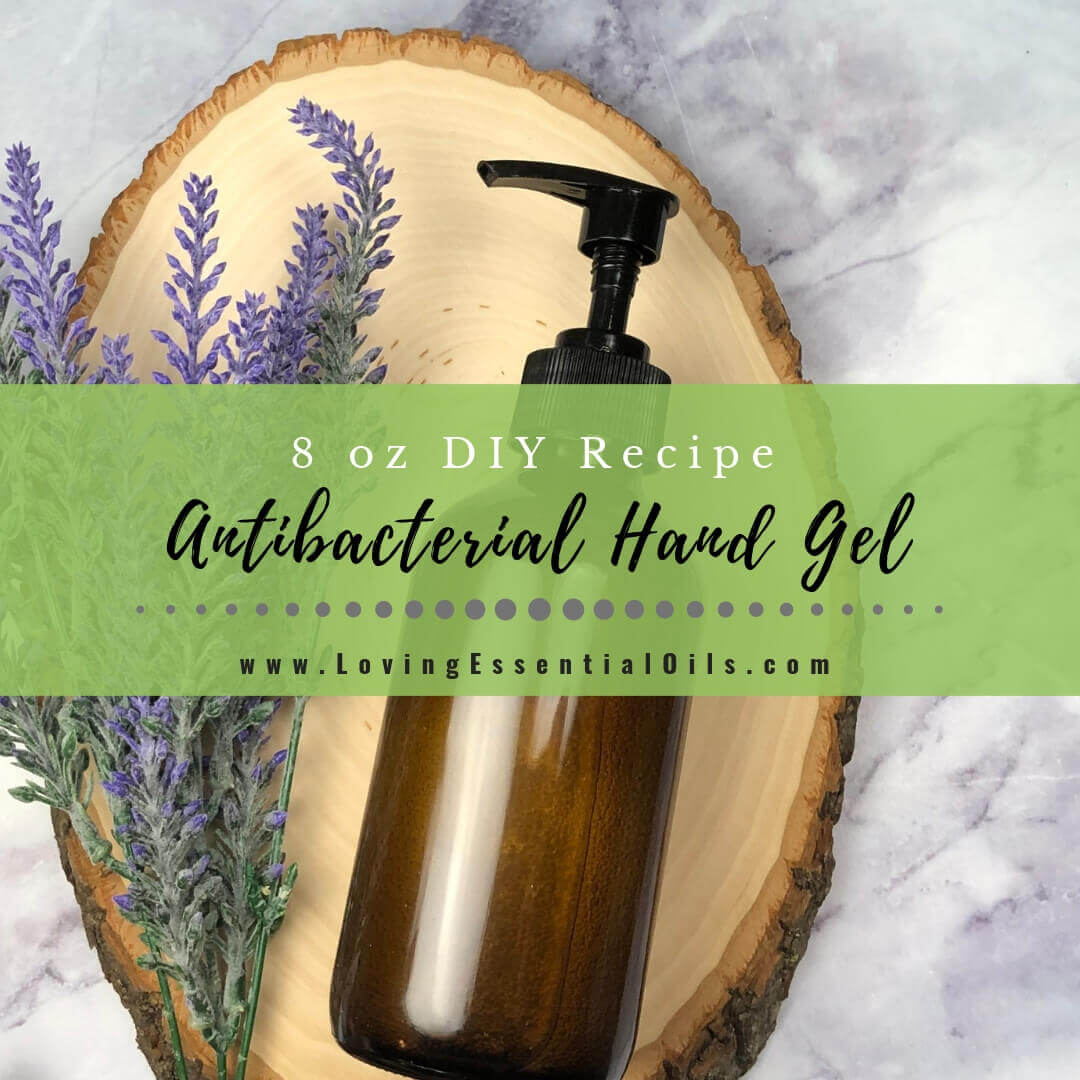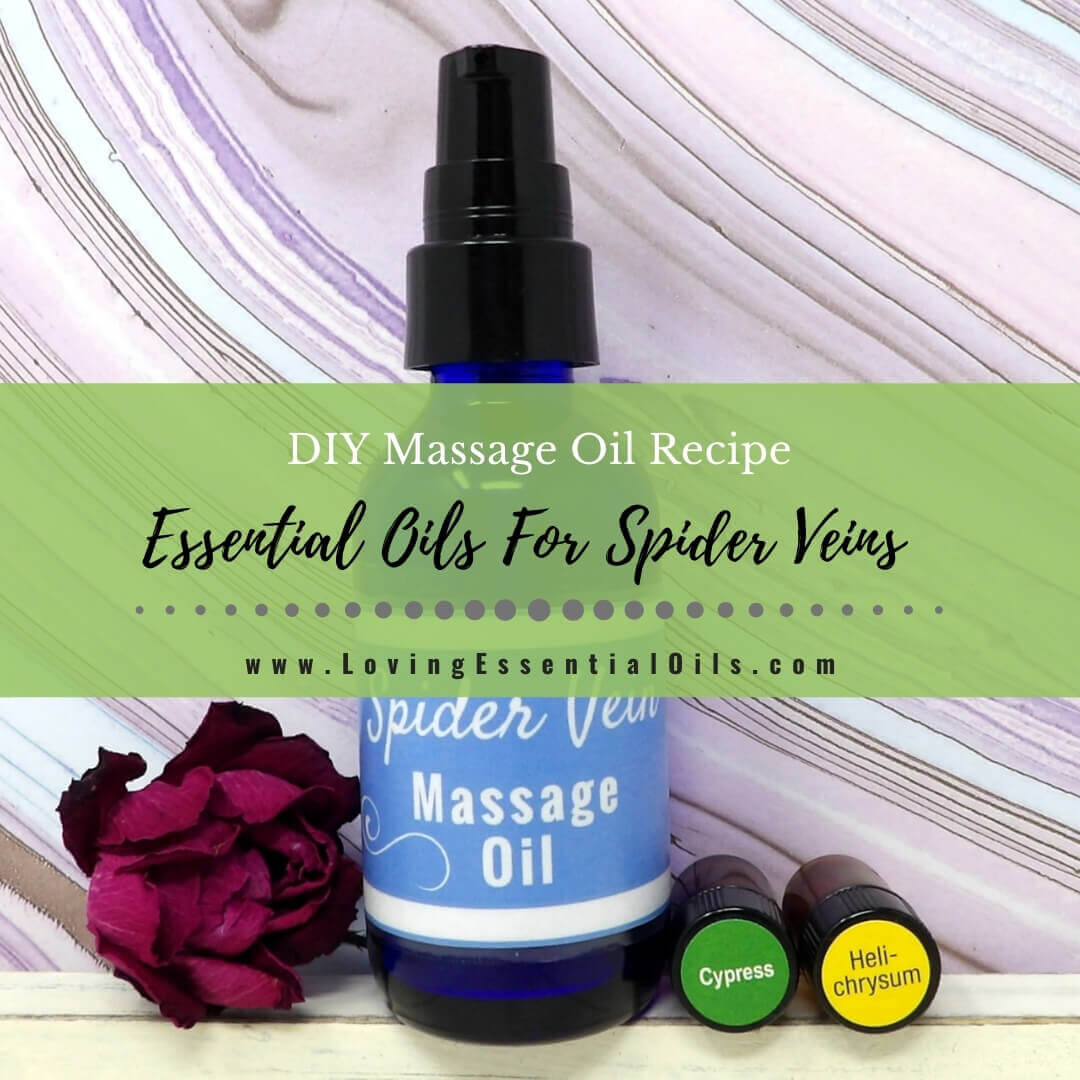I love making DIY Essential Oil Recipes for skincare, wellness, and cleaning purposes. The fact that I can avoid chemicals and synthetic fragrances from store bought products really excites me. What doesn't excite me is microbes in my DIY recipes, yuck! Find out how to avoid these unwanted guests in your essential oil recipes.
Preservatives and Essential Oils
There are some essential oil topics that not everyone can agree upon. I also think not enough research has been done to give us clear answers. This is one of those topics.
When researching this topic, I found conflicting information and recommendations. It can be somewhat overwhelming but I want to share what I have learned.
Through this research, I choose to stick with my aromatherapy training and what was recommended by them, as well as an article from Tisserand Institute.
What are Water-Based Products?
Water-based products include body mists, room sprays, cleaning sprays, lotions (that include water), linen sprays, and any recipe that contains water. Hydrosols, witch hazel, and aloe vera are also water based ingredients.
Recipes that do not use water, like a body butter made from oils or a roller recipe, are not included. There are many oil-based recipes and since they do not contain water, they do not need preservatives when using for personal use.
A preservative is necessary to help water-based products prevent microbial contamination and growth. Microbes cannot be seen with the naked eye, so it is hard to know when your homemade product is contaminated.
I don't know about you, but I don't want my natural essential oil sprays I make to be contaminating my environment when I am trying to accomplish the opposite.

4 Mistakes Made with Essential Oil Recipes (water-based)
1. Selling Water Based Products Without Preservatives
Do not make these type of recipes for resale unless you do your research first about the best preservative to use for your product. At Loving Essential Oils our recipes are for personal use and not formulated with retail selling in mind.
Formulating recipes with preservatives is a complex process which has many factors involved. This formulating goes well beyond what is covered here and would require additional training.
When selling products, you may have better results with anhydrous (no water) products. Things like body butters, salves, lip balms, beard balms, massage oils, etc. These are all oil-based and generally require no preservatives!
2. Making Large Batches
It may be tempting to make large batches for you water-based DIY cleaning products or skincare items to save time, but this puts your recipe at risk for microbial growth because it will take you a lot longer to use.
Make small, fresh batches for your natural water products that you can use within one week. Even if it "looks fine", at a microscopic level, it may not be.
3. Thinking Essential Oils Will Preserve
I have to admit, when I first started with essential oils, I thought that they would preserve my recipes. I have since learned that essential oils are not preservatives. While many essential oils have antimicrobial properties, none have been proven to be effective preservatives at dilution rates safely used in aromatherapy and DIY essential oil recipes.
I also thought that ingredients like salt, citric acid, cheap vodka, and vitamin E would preserve my products too. It turns out they will not.
Vitamin E, citric acid, and Rosemary extract are frequently mentioned as natural preservatives, but they are actually antioxidants. Antioxidants will slow rancidity of natural ingredients, but will not preserve water based products. Are they better than nothing? Maybe.
4. Keeping It Too Long
It is not clear exactly how long water-based recipes without preservatives will last as there are various factors. I would love to see some studies on this topic so I could see scientific proof specific to essential oil recipes and growth rate of microbes.
If using water-based products without preservatives, use within one or two weeks of making. If you want your product to last longer, using a preservative is required.
Be sure to place a date on your bottle or have a day of the week that you make a fresh batch of your DIY products with water.

Essential Oil Recipe Guide for Water-Based Products
From my aromatherapist training, here is what I learned is the best practice when it comes to water-based essential oil products:
- Do not sell your water-based recipes, unless you've had training in formulating blends with preservatives
- Make essential oil recipes under sanitary conditions
- Utilize a dishwasher or boiling water for utensils and glass containers (not plastic parts or lids), some dishwashers even have a "sanitize" settings
- Clean your work surfaces and utensils (spray them with grain or rubbing alcohol and allow them to air dry)
- Put products into sanitized containers (spray them with grain or rubbing alcohol inside containers and allow them to air dry)
- Use distilled water only when making water-based recipes
- Keep your hands and fingers out of your finished product by using the right containers (like pump top bottles or spray top bottles) or by using spatulas to scoop out products rather than risking contamination every time you use it
- Store products in a cool, dark place, the refrigerator is best if able
- Make water-based recipes in small, fresh batches and use in 1-2 weeks
- Throw out if you see any signs of spoilage (bad odor, color off, texture changes, stuff floating in it, cloudiness, or separation)
- Add grain alcohol (like Everclear®) to spray recipes as a preservative if you want your product to last longer than one week
How to Use Grain Alcohol as a Preservative
Preservatives prevent bacteria, mold, yeast, and other microbes from growing in products that contain water. Grain alcohol (ethanol) is a simple product that can be add to essential oil spray recipes with water. It acts as a preservative. It is recommended that you buy a minimum of 120 proof in order for it to be effective against microbes. I buy mine from a local liquor and beverage store.
Here are the exact recommendations from Tisserand Institute:
To properly preserve your water-based spray: the alcohol used needs to have a minimum of 60% ethanol content. In other words, it must be at least 120 proof grain alcohol (proof=twice the percentage of the alcohol). While less proof grain alcohol can kill microbes on surfaces, the objective here is to prevent microbial growth in your spray, not to kill microbes on contact with a surface.
Everclear® is one of the most popular grain alcohols available here in the states (not sure about international availability). One problem is that some states have banned high proof alcohols, so in California I was only able to purchase the 120 proof Everclear bottle.
120 proof grain alcohol is the minimum level suggested by Tisserand Institute for preserving. They recommend using a 25% of the total spray formula. So for a 4 oz spray bottle recipe, you would use 1 oz grain alcohol and 3 oz distilled water.
We all know that water and essential oils don't mix, not by themselves. Grain alcohol is able to solubilize (dissolve) essential oils into water based sprays so they can be blended without separating. For this to happen, it is recommended to use a minimum of 150 proof grain alcohol, which as I mentioned may not be an option where you live.
Is cheap vodka an OK substitute?
More than likely cheap vodka will not have a high enough proof to be effective as a preservative or to solubilize, read the label to see what proof it is.
Here is the conclusion from Tisserand Institute:
For the at-home DIY enthusiast making sprays, colognes, and similar products, using grain alcohol (ethanol) is a simple, cost effective way to safely prepare a water-based product such as a room spray. It’s kind of a “one-stop shop” in terms of both preserving and mixing, which means you don’t have to learn about more involved preservative systems. However, at least 60% (120 proof) alcohol is needed for preservation, and at least 75% (150 proof) for solubilizing essential oils.
At this point, we are taking this information as the best practice for spray recipes. This is the recommendations that we are following for our spray recipes and are updating our posts to reflect this recommendation.
*Be sure to keep grain alcohol bottles and spray recipes out of reach from children.
More Resources on Essential Oils and Preservatives
- From Nature With Love has an article on preservatives, as well as a preservative finder to help you pick one depending on the product you are making.
- Learn more about formulating and preservatives, Aromatic Studies offers a course that goes over product formulation, including preservatives. You can also read an article they wrote on preservatives, click here.
- Read more about grain alcohol for aromatic blending from Tisserand Institute.
- Read more on using preservative in beauty products from Soap Queen
What is a therapeutic grade essential oil?
Therapeutic grade is simply a marketing term that any company can claim. No government agency or organization “grades” or “certifies” essential oils in the United States.
Share on Pinterest






